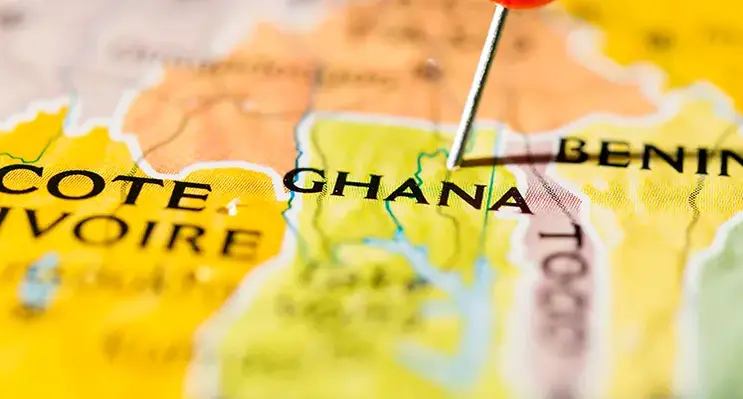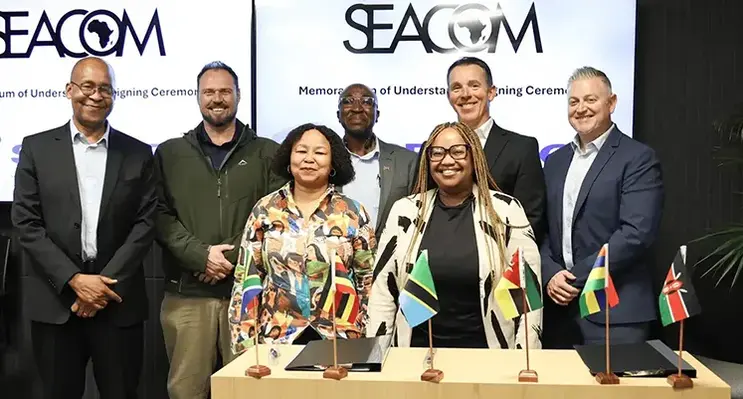With the arrival of this new submarine cable, Orange reinforces its commitment to international connectivity and digital dynamism in the Mediterranean through the continued expansion of its infrastructure in Marseille
Thanks to its fully redundant fibre optic infrastructure, Orange will provide customers with simple, secure, and direct access to all the city’s data centres, which are now interconnected. This enhances the resilience of access and enables direct links to major European hubs such as Paris, London, and Frankfurt, as well as the rest of the world, including Asia, Africa, and the Americas.
This turnkey solution strengthens Marseille’s position as a global interconnection hub. All aspects of the cable are fully managed by Orange, including technical, regulatory, security, and environmental considerations.
An additional link for Mediterranean connectivity
As the Medusa system’s first landing in Europe, this new cable forms part of the ongoing development of submarine networks connecting both sides of the Mediterranean. It will link Marseille to Bizerte in Tunisia (Via Tunisia project announced by Orange in April 2023). This 1,050 km segment will meet the growing demand for bandwidth in the region.
A project supported by the European Union
The Marseille–Bizerte segment benefits from co-financing by the European Union through the Connecting Europe Facility (CEF). Three pairs of fibre belonging to Orange are supported within the European Global Gateway strategy, aimed at strengthening connections between Europe and Africa, supporting the digital transition, and reducing the digital divide.
Michael Trabbia, CEO of Orange Wholesale, stated, "We are proud to bring our leadership and expertise to the Medusa cable, hosted within our secure infrastructure in Marseille, with laying operations carried out by our cable ships, Teliri and Sophie Germain. Our infrastructure offers a key link in Mediterranean basin connectivity, ensuring digital resilience and supporting socio-economic development. With this landing, Orange enhances Europe's digital sovereignty and positions Marseille as a global digital hub, now hosting the arrival of 17 submarine cables connected worldwide."
The Medusa cable provider is Alcatel Submarine Networks (ASN). Elettra Tlc, a subsidiary of Orange and the project coordinator, managed the operation. Orange Marine’s cable ship Sophie Germain was responsible for the cable landing operations in Marseille.
An environmentally respectful approach
To protect local ecosystems, the landing operation was conducted via horizontal directional drilling, respecting regional environmental objectives, including bypassing Posidonia meadows and the Calanques park.
The cable laying was executed by the Sophie Germain, a state-of-the-art, low environmental impact cable ship.
Orange, a key player in global connectivity
As a major player in international connectivity and submarine cables, Orange continues to invest heavily in future digital infrastructure. The Group is involved in over 40 submarine cables, representing nearly 450,000 km of networks worldwide.
Its subsidiaries Elettra Tlc and Orange Marine, specialising in cable ships, manage engineering, installation, and maintenance of these cables, ensuring Orange’s complete control over the value chain, from design to operation.


























